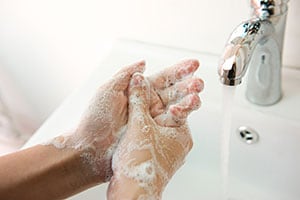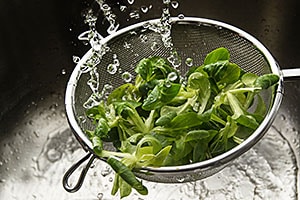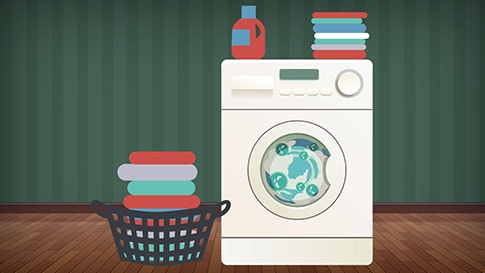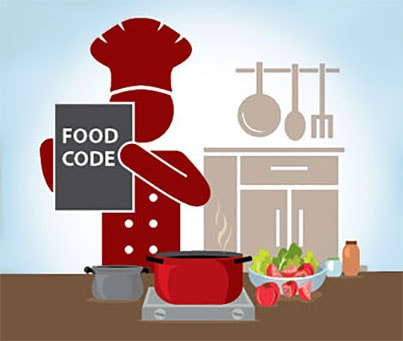Prevention
You can help protect yourself and others from norovirus by washing your hands thoroughly with soap and water and following other simple prevention tips.
There is currently no vaccine to prevent norovirus; although, this is an area of active research.

Practice proper hand hygiene
Wash your hands thoroughly with soap and water
- especially after using the toilet or changing diapers
- always before eating, preparing, or handling food, and
- before giving yourself or someone else medicine.
Norovirus can be found in your vomit or poop even before you start feeling sick. The virus can stay in your poop for 2 weeks or more after you feel better. It is important to continue washing your hands often during this time.
You can use alcohol-based hand sanitizers in addition to hand washing. But, you should not use hand sanitizer as a substitute for washing your hands with soap and water. Hand sanitizers aren’t as effective as washing hands with soap and water at removing norovirus particles. See “Handwashing: Clean Hands Save Lives.”
Handle and prepare food safely
Carefully wash fruits and vegetables before preparing and eating them. Cook oysters and other shellfish thoroughly before eating them.
Be aware that noroviruses are relatively resistant to heat. They can survive temperatures as high as 145°F and quick steaming processes that are often used for cooking shellfish.
Food that might be contaminated with norovirus should be thrown out.
Keep sick infants and children out of areas where food is being handled and prepared.

When you are sick, do not prepare food or care for others
You should not prepare food for others or provide healthcare while you are sick and for at least 2 days after symptoms stop. This also applies to sick workers in restaurants, schools, daycares, long-term care facilities, and other places where they may expose people to norovirus.
Clean and disinfect surfaces
After someone vomits or has diarrhea, always thoroughly clean and disinfect the entire area immediately. Put on rubber or disposable gloves, and wipe the entire area with paper towels, then disinfect the area using a bleach-based household cleaner as directed on the product label. Leave the bleach disinfectant on the affected area for at least five minutes then clean the entire area again with soap and hot water. Finish by cleaning soiled laundry, taking out the trash, and washing your hands.
To help make sure that food is safe from norovirus, routinely clean and sanitize kitchen utensils, counters, and surfaces before preparing food.
You should use a chlorine bleach solution with a concentration of 1000 to 5000 ppm (5 to 25 tablespoons of household bleach [5% to 8%] per gallon of water) or other disinfectant registered as effective against norovirus by the Environmental Protection Agency (EPA). For more information, see EPA’s Registered Antimicrobial Products Effective Against Norovirus (Norwalk-like virus) [3 pages].

Wash laundry thoroughly
Immediately remove and wash clothes or linens that may be contaminated with vomit or poop.
You should:
- handle soiled items carefully without agitating them,
- wear rubber or disposable gloves while handling soiled items and wash your hands after, and
- wash the items with detergent and hot water at the maximum available cycle length then machine dry them at the highest heat setting.



































No hay comentarios:
Publicar un comentario